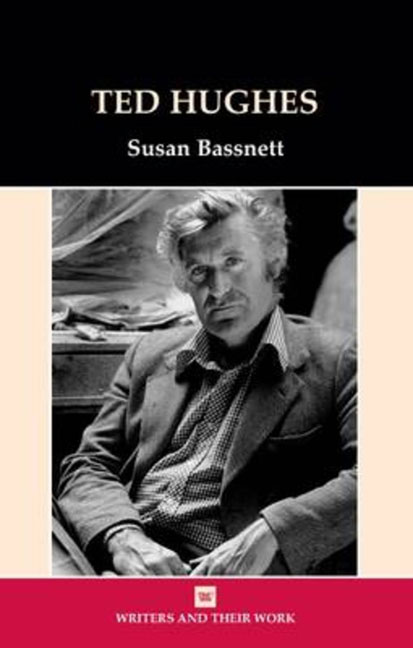Book contents
- Frontmatter
- Contents
- Acknowledgements
- Biographical Outline
- Abbreviations
- Introduction
- 1 ‘A sudden sharp hot stink of fox’: Ted Hughes and Nature
- 2 ‘Crowlookedattheworld’: The Poet as Shaman
- 3 ‘Being British is the mystery’: Hughes and his English Roots
- 4 ‘His voice felt out of the way. “I am”, he said’: Language and Mythology
- 5 With the Word burn the hearts of the people’: Ted Hughes and Translation
- Notes
- Select Bibliography
- Index
Introduction
- Frontmatter
- Contents
- Acknowledgements
- Biographical Outline
- Abbreviations
- Introduction
- 1 ‘A sudden sharp hot stink of fox’: Ted Hughes and Nature
- 2 ‘Crowlookedattheworld’: The Poet as Shaman
- 3 ‘Being British is the mystery’: Hughes and his English Roots
- 4 ‘His voice felt out of the way. “I am”, he said’: Language and Mythology
- 5 With the Word burn the hearts of the people’: Ted Hughes and Translation
- Notes
- Select Bibliography
- Index
Summary
Those men and women born in Europe in the period between the two world wars perhaps saw the most radical changes of any generation alive in the twentieth century. Their parents could remember the world before the First World War, a world of clear class distinctions and relatively little social mobility, their children and grandchildren have grown up in completely different societies, and now inhabit the globalized world of the twenty-first century. Changes in life-style were revolutionary. Since the 1930s there have been valuable technological innovations that have followed one another with incredible rapidity – domestic electricity, radio, television, computers, the internet, all those mass communication systems that today we take for granted but which are relatively recent. Yet the twentieth century also saw genocide on an unprecedented scale, the invention of the atomic bomb, the Holocaust, the Cold War, the emergence of global terrorism and the breakdown of communities that had grown together over centuries. It is therefore unsurprising that a writer born at such a time should have returned again and again in his work to the theme of the eternal struggle between processes of often violent change and the stasis of changelessness. Nor is it surprising that the fortunes of any such writer should have fluctuated with the rapidly changing tastes of an uncertain age.
Ted Hughes was born in 1930, eleven years after the end of one world war and nine years before the start of the next. He came into the world in an England troubled by poverty and political divisiveness, into a community in rural Yorkshire where memories of the suffering endured by men in the trenches were very much alive, and his early poetry is full of references to stories that he must have heard recounted in his childhood. His generation was touched by war through relationships with the survivors and the bereaved. In ‘My Uncle's Wound’ the poet tries to make contact with the old man through his stories: ‘I scavenged for a memory, crumbs of rust or of bone’, but his uncle has lost touch: ‘He became quiet/With his memories’. (CP 100–1).
- Type
- Chapter
- Information
- Ted Hughes , pp. 1 - 12Publisher: Liverpool University PressPrint publication year: 2009

